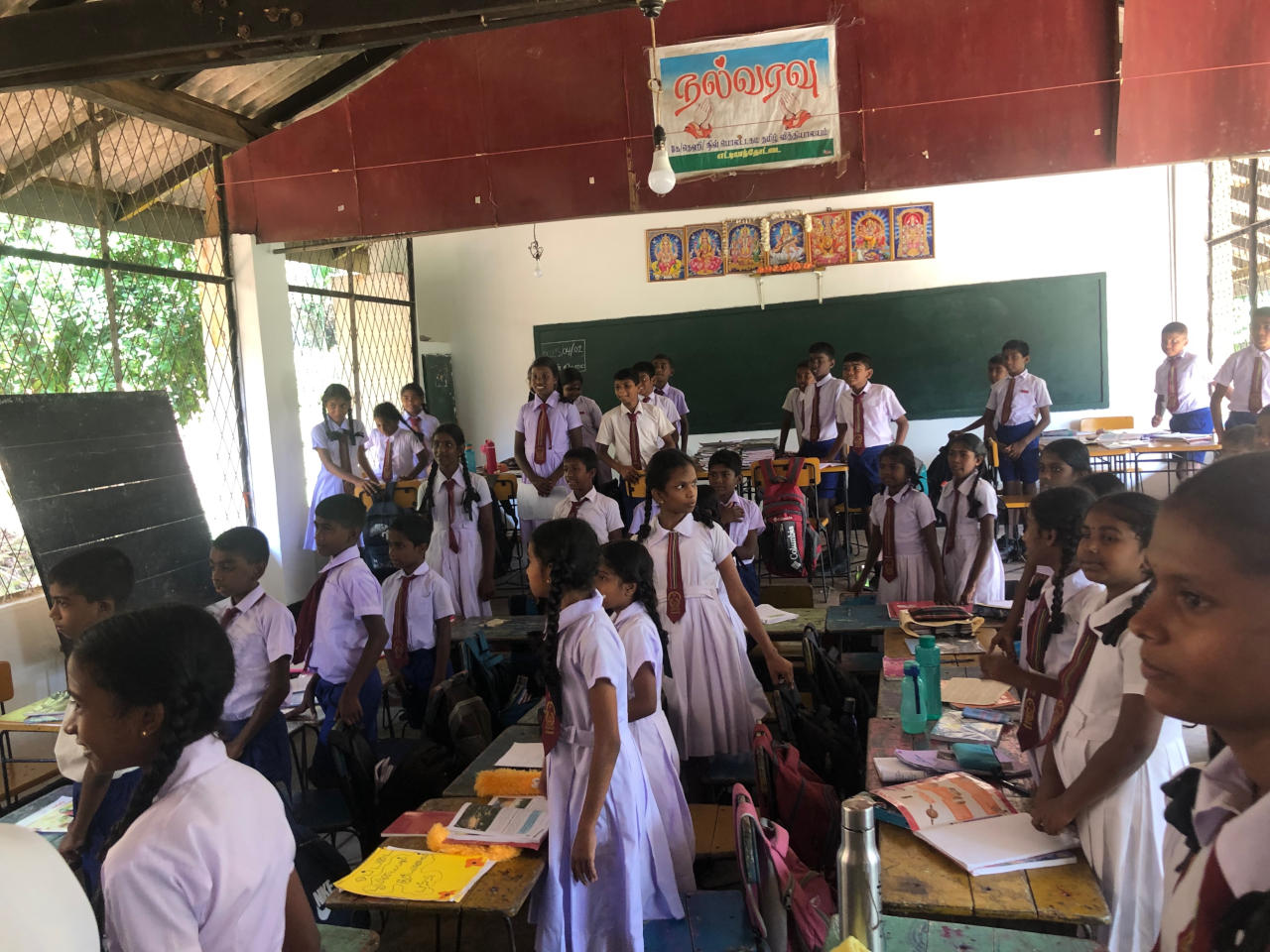Initial situation
The socio-economic situation in Sri Lanka, particularly in rural Tamil regions such as the Uva Province and Batticaloa District, poses major challenges for families and schoolchildren. Children from remote mountain villages in the tea and rubber plantations, where poverty and lack of education are closely intertwined, are particularly affected. Most of these families are day labourers and plantation workers who still work in very poor conditions and live in extreme poverty. Many parents are also forced to work abroad to feed their families. The children stay with their grandparents, who are often overwhelmed and do not attach much importance to school attendance. Their own educational experience is often negligible, and many of the grandparents have never left their village. There is a lack of awareness regarding the importance of school education, with serious consequences: in some communities, children drop out of school after only three years.
Necessity
In the long term, the lack of schooling and dropping out of school have devastating effects. The children affected face a life as day labourers on plantations, with little chance of social mobility or a self-determined life. Often, these children are sent to Colombo to work as maids or servants, as they did decades ago. Education is the only way to escape this cycle of poverty.
Measures
The schoolchildren’s day begins when they leave home, often as early as 6 a.m. Regular lessons end at 1.30 p.m. After a short break, children who are falling behind in their studies attend extra lessons, which last until 4 p.m. Without a nutritious meal at lunchtime, it would be almost impossible for them to cope with these additional lessons. Lankahelp therefore provides a balanced lunch consisting of protein- and vitamin-rich ingredients such as mung beans, chickpeas, sweet potatoes, soybeans, samposa and – six times a week – a piece of fruit. Many children attend school mainly because of the hot meal – often the only one of the day!
Objective
The tutoring sessions provide children with tailored support in key subjects and enable them to catch up on any educational deficits. Over 800 children in 26 schools are currently benefiting from this program. The success is particularly evident in secondary schools: children who have been able to catch up through tutoring are successfully participating in regular classes, while new, weaker students are stepping into their place in the tutoring program.
Lankahelp therefore takes a holistic approach: tutoring combined with a healthy, warm meal is intended not only to give children better educational opportunities, but also to encourage them to attend school regularly. In addition to daily meals, Lankahelp pays for the lessons, teachers’ salaries and teaching materials.
Only with continuous support can this important project be maintained and expanded in the long term.

